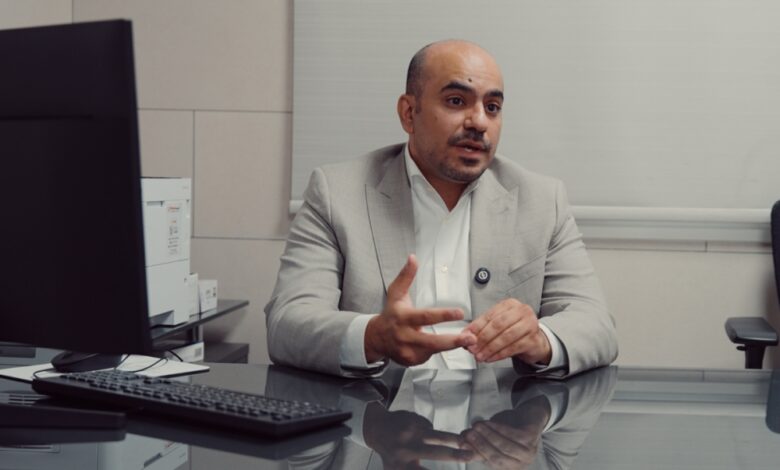Half a million people in Kuwait suffer from sleep disorders: Specialist

Dr. Mohammed Abdel Salam, Senior Respiratory and Sleep Medicine Specialist at Mubarak Al-Kabeer Hospital and the Kuwait Sleep Medicine Center, revealed that around 500,000 people in Kuwait suffer from sleep disorders, noting that the center has received 2,500 cases so far this year.
Dr. Abdel Salam explained that the center has witnessed a notable rise in demand in recent years, reflecting the growing number of sleep-related cases. The center’s multidisciplinary team includes respiratory, neurological, and psychiatric specialists, as sleep disorders are often linked to both physical and psychological conditions, reports Al-Jarida daily.
He described how patients undergo sleep studies in specialized rooms equipped with cameras and monitoring devices to analyze body movements and vital functions during sleep, allowing for accurate diagnosis and treatment.
Dr. Abdel Salam underscored the vital importance of sleep to overall health, noting that it accounts for 25–30% of a person’s lifetime. Disruptions in sleep, he warned, interfere with the body’s detoxification and restorative functions and may lead to serious chronic illnesses.
Among the most common disorders, he said, are sleep apnea (20% of cases) and insomnia (30%), in addition to circadian rhythm disorders and abnormal behaviors during sleep such as walking, screaming, eating, or acting out dreams — which can endanger both the patient and others. Other frequent conditions include narcolepsy, snoring, and interrupted sleep.
He highlighted the strong connection between sleep disorders and chronic diseases like obesity, hypertension, dementia, and stroke, given their impact on the body’s vital systems.
Dr. Abdel Salam also emphasized the role of mental health in diagnosing and managing sleep disorders. Patients undergo psychological and neurological assessments to identify underlying causes, including nightmares and sleepwalking, which he described as a disconnection between the sleeping brain and an active body.
Concluding with advice for better sleep, he urged the public to view healthy sleep as a necessity, not a luxury, recommending regular exercise, a balanced diet, avoiding meals within three hours before bedtime, limiting screen use an hour before sleep, and maintaining 7–9 hours of rest nightly, ideally between 11 p.m. and 6 a.m.












